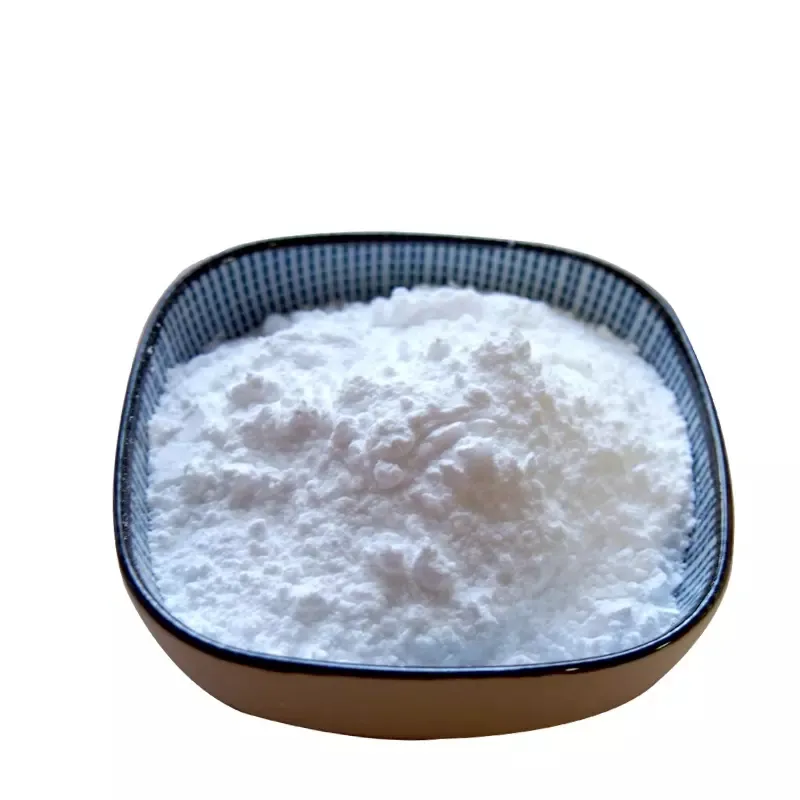Warning: Undefined array key "title" in /home/www/wwwroot/HTML/www.exportstart.com/wp-content/themes/1198/header.php on line 6
Warning: Undefined array key "file" in /home/www/wwwroot/HTML/www.exportstart.com/wp-content/themes/1198/header.php on line 7
Warning: Undefined array key "title" in /home/www/wwwroot/HTML/www.exportstart.com/wp-content/themes/1198/header.php on line 7
Warning: Undefined array key "title" in /home/www/wwwroot/HTML/www.exportstart.com/wp-content/themes/1198/header.php on line 7
- Afrikaans
- Albanian
- Amharic
- Arabic
- Armenian
- Azerbaijani
- Basque
- Belarusian
- Bengali
- Bosnian
- Bulgarian
- Catalan
- Cebuano
- China
- China (Taiwan)
- Corsican
- Croatian
- Czech
- Danish
- Dutch
- English
- Esperanto
- Estonian
- Finnish
- French
- Frisian
- Galician
- Georgian
- German
- Greek
- Gujarati
- Haitian Creole
- hausa
- hawaiian
- Hebrew
- Hindi
- Miao
- Hungarian
- Icelandic
- igbo
- Indonesian
- irish
- Italian
- Japanese
- Javanese
- Kannada
- kazakh
- Khmer
- Rwandese
- Korean
- Kurdish
- Kyrgyz
- Lao
- Latin
- Latvian
- Lithuanian
- Luxembourgish
- Macedonian
- Malgashi
- Malay
- Malayalam
- Maltese
- Maori
- Marathi
- Mongolian
- Myanmar
- Nepali
- Norwegian
- Norwegian
- Occitan
- Pashto
- Persian
- Polish
- Portuguese
- Punjabi
- Romanian
- Russian
- Samoan
- Scottish Gaelic
- Serbian
- Sesotho
- Shona
- Sindhi
- Sinhala
- Slovak
- Slovenian
- Somali
- Spanish
- Sundanese
- Swahili
- Swedish
- Tagalog
- Tajik
- Tamil
- Tatar
- Telugu
- Thai
- Turkish
- Turkmen
- Ukrainian
- Urdu
- Uighur
- Uzbek
- Vietnamese
- Welsh
- Bantu
- Yiddish
- Yoruba
- Zulu
Aug . 13, 2024 01:18 Back to list
Exploring the Benefits and Uses of Psyllium Husk and Xanthan Gum in Health Foods
Understanding Psyllium Husk and Xanthan Gum Their Benefits and Uses
Psyllium husk and xanthan gum are two popular dietary substances that have gained widespread attention for their health benefits and culinary uses. Both are derived from natural sources, making them appealing options for those seeking to incorporate more fiber and natural thickening agents into their diets.
Psyllium Husk A Fiber Powerhouse
Psyllium husk is derived from the seeds of the Plantago ovata plant, a herb native to India and parts of Europe. It is renowned for its high soluble fiber content, which can aid in digestion and promote gut health. Psyllium husk absorbs water and expands in the intestines, leading to increased stool bulk and facilitating regular bowel movements. This property makes it a popular remedy for both constipation and diarrhea, providing a natural solution for digestive issues.
In addition to its digestive benefits, psyllium husk has been associated with cardiovascular health. Studies have shown that regular consumption of psyllium can help lower LDL cholesterol levels, thereby reducing the risk of heart disease. Furthermore, it can assist in controlling blood sugar levels, making it a wise choice for individuals with diabetes or those looking to manage their weight.
Beyond its health benefits, psyllium husk can be easily incorporated into a variety of recipes. It can be added to smoothies, yogurt, or baked goods to increase fiber content without significantly altering the flavor or texture. Due to its binding properties, it is also popular among those following gluten-free diets as a substitute for wheat flour in recipes.
Xanthan Gum The Versatile Thickener
psyllium husk and xanthan gum

Xanthan gum is a polysaccharide produced by the fermentation of sugar by the bacterium Xanthomonas campestris. It is primarily used as a thickening and stabilizing agent in various food products, ranging from salad dressings and sauces to gluten-free baked goods. Xanthan gum is particularly valuable in gluten-free cooking, as it mimics the elasticity and texture provided by gluten in traditional recipes.
One of the most significant benefits of xanthan gum is its ability to provide a smooth, creamy texture without adding calories. This makes it an ideal ingredient for those looking to reduce fat or sugar in their diets while still enjoying rich, flavorful foods. Additionally, xanthan gum can help improve the shelf life of products by preventing the separation of ingredients, which is essential for maintaining quality in commercial food manufacturing.
Moreover, xanthan gum is low in calories and has no significant impact on blood sugar levels, making it a suitable thickening option for those on low-carb or ketogenic diets. Its versatility allows for use in various applications, from thickening soups and sauces to stabilizing ice creams and dairy products.
Combining Psyllium Husk and Xanthan Gum
The combination of psyllium husk and xanthan gum can amplify the benefits of both ingredients. Together, they can enhance the texture of gluten-free baked goods, offering the necessary structure and moisture retention that gluten typically provides. This combination not only contributes to improved digestive health through increased fiber intake but also enhances the overall culinary experience.
In conclusion, psyllium husk and xanthan gum are potent additions to any health-conscious kitchen. Their unique properties and benefits make them valuable for individuals seeking to improve their digestive health, manage weight, or simply enjoy better-textured food. Whether used separately or in conjunction, these natural ingredients offer a myriad of possibilities for enhancing both nutrition and flavor in everyday meals.
Latest news
-
Certifications for Vegetarian and Xanthan Gum Vegetarian
NewsJun.17,2025
-
Sustainability Trends Reshaping the SLES N70 Market
NewsJun.17,2025
-
Propylene Glycol Use in Vaccines: Balancing Function and Perception
NewsJun.17,2025
-
Petroleum Jelly in Skincare: Balancing Benefits and Backlash
NewsJun.17,2025
-
Energy Price Volatility and Ripple Effect on Caprolactam Markets
NewsJun.17,2025
-
Spectroscopic Techniques for Adipic Acid Molecular Weight
NewsJun.17,2025

